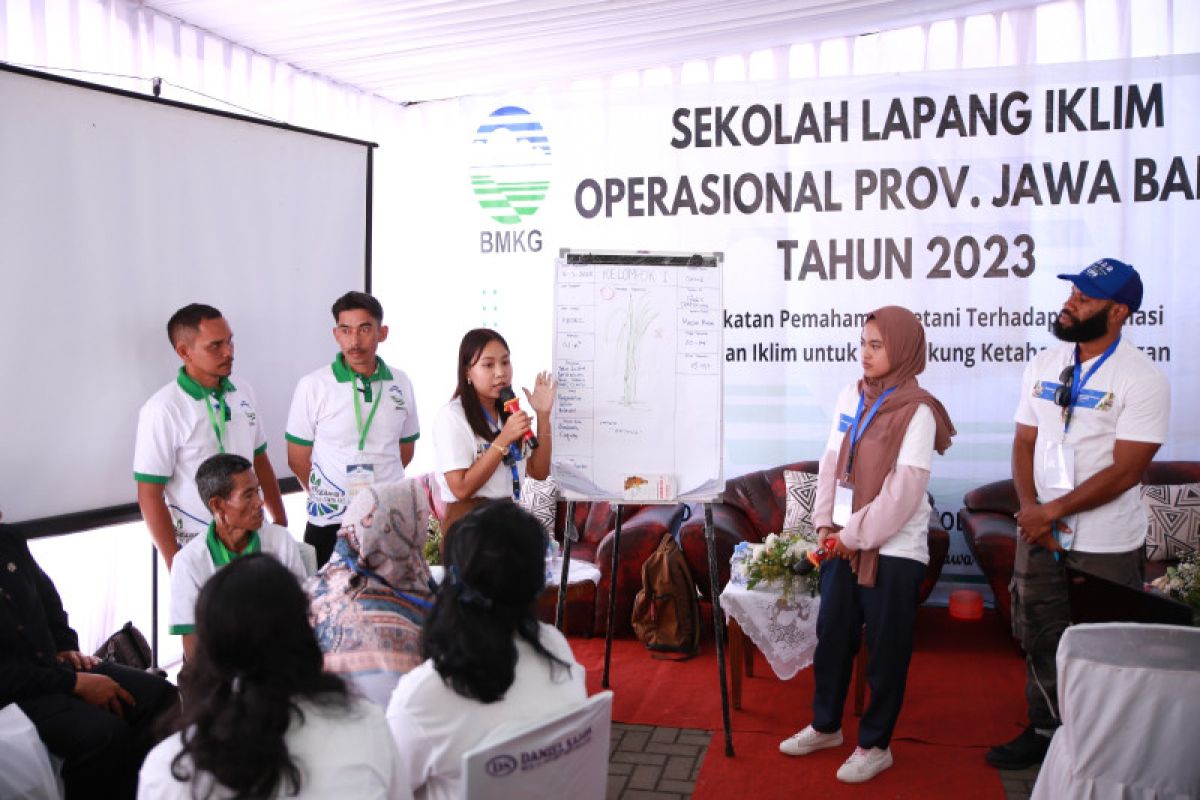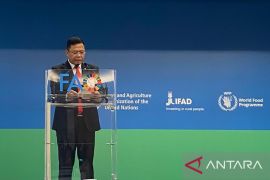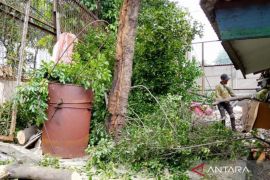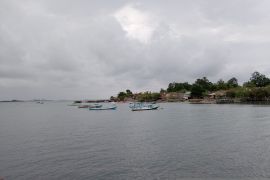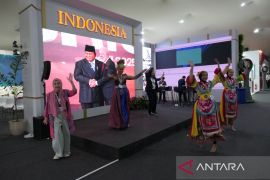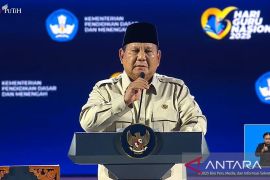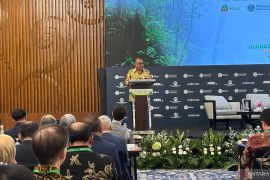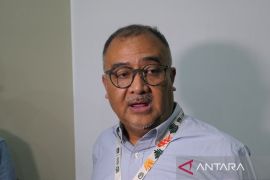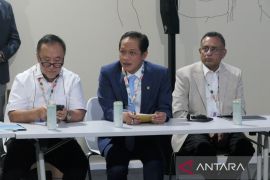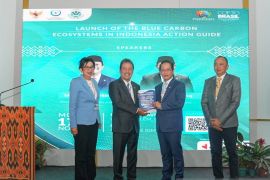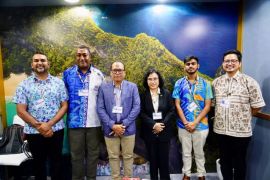The Colombo Plan is a regional intergovernmental organization that focuses on the development of human resources in the south and southeast regions of Asia.
"The climate field school (CFS) or SLI was joined by eight Colombo Plan member countries and Timor Leste this time," BMKG Head Dwikorita Karnawati informed in a statement released on Thursday.
The activity served as proof of Indonesia's leadership and contribution to the climate change adaptation effort, specifically in handling food security, she explained.
She said the scariest threat for all of mankind is not a pandemic or war, but climate change.
According to Karnawati, climate change triggered by global warming is causing various hydrometeorological disasters, extreme weather, forest and land fires, and also a food crisis.
"Climate change that occurs globally cannot be underestimated because its impact toward life is very significant and endangering," she underlined on the sidelines of a "Blended Training of Trainers on Climate Field School for Colombo Plan Member Countries" in Cianjur, West Java.
Climate change could threaten the food security of all countries. The Food and Agriculture Organization (FAO) has predicted that by 2050, the world will face potential famine due to climate change as a consequence of a decline in harvest results and harvest failure.
BMKG has routinely been holding the SLI since 2011 by targeting farmers and agriculture disseminators across Indonesia.
Indonesia has even set an example on CFS, which has been replicated in Asia-Pacific countries, Timor Leste and Pakistan.
Meanwhile, Head of the Applied Climate Information Service Center Ardhasena Sopaheluwakan said farmers in Indonesia encounter major challenges in handling climate variability. They also struggle to reduce harvest failures and with low agricultural productivity.
CFS acts as a bridge to improve the knowledge of practitioners, disseminators, and farmers on climate information, specifically at the local level, he explained.
"Through initiatives such as Climate Field School, we are able to bridge the knowledge gap, empower farmers, and equip them with the tools and the understanding necessary to handle the complexity of climate information," he said.
One of the participants from the Philippines' Atmospheric, Geophysical, and Astronomical Services Administration (PAGASA), Michael Siazon Bala, said that his country will replicate CFS to improve food security in the face of climate change.
There is not a single country that can handle climate change alone. Cooperation is very important as a form of mitigation and collective anticipation against the threat of climate change, he added.
Related news: Jokowi calls on BMKG to identify climate risks comprehensively
Translator: Zubi Mahrofi, Fadhli Ruhman
Editor: Rahmad Nasution
Copyright © ANTARA 2023
